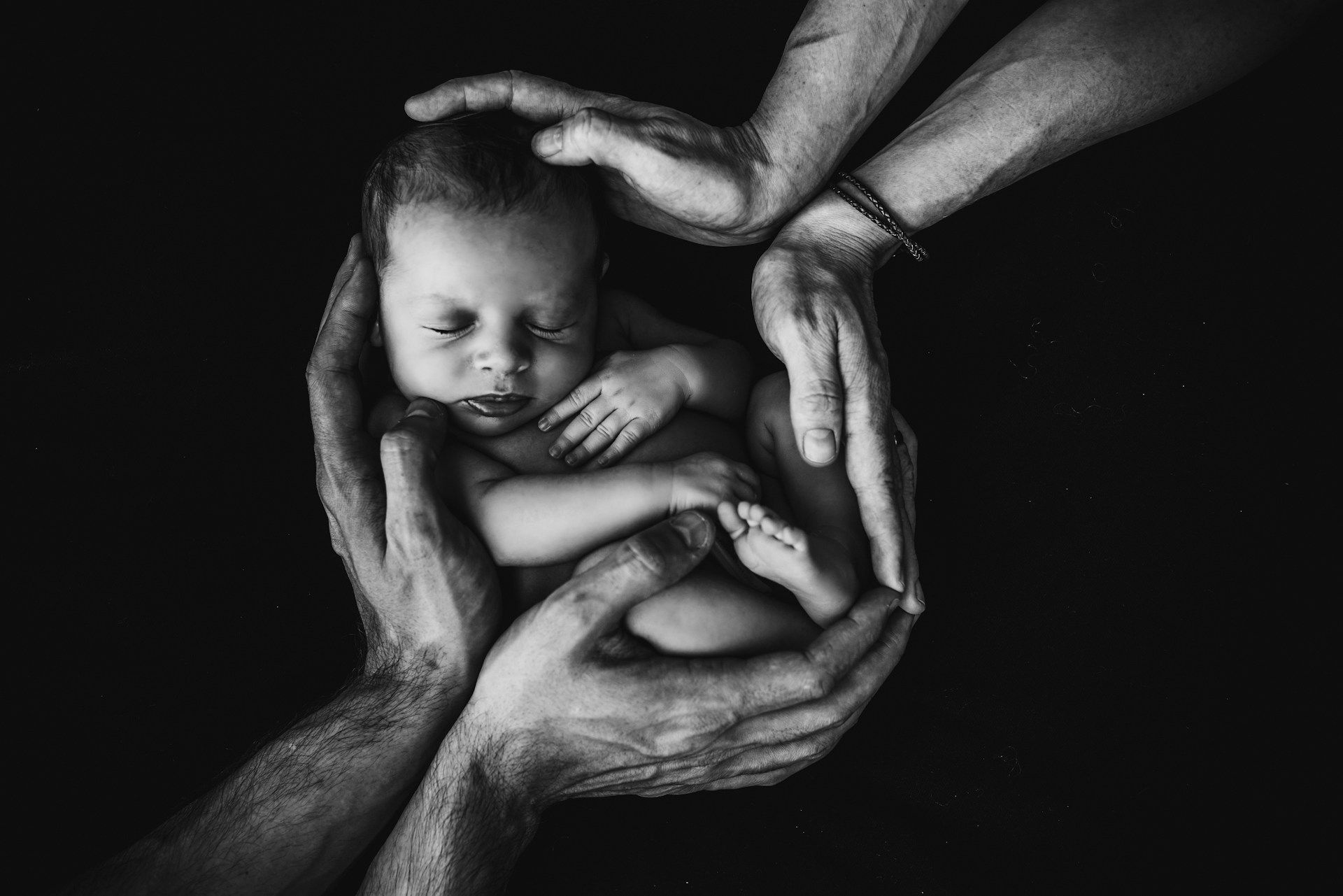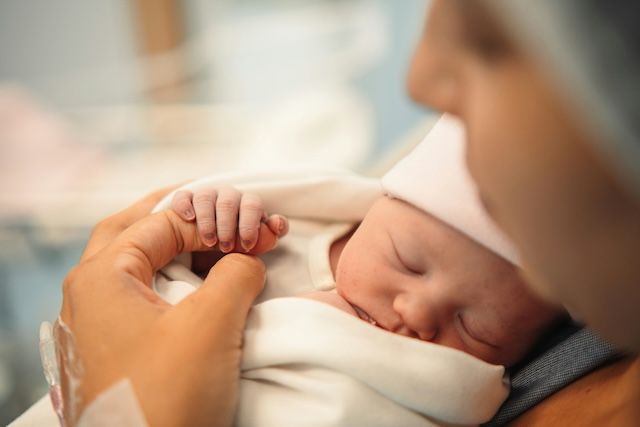Peaks of Maternity Struggles in the Developed World
Maternity care crises spotlight the dire effects of understaffing and poor midwifery training - even in developed nations.
The juxtaposition of two stark realities within the realm of maternity care underscores a growing crisis in healthcare systems globally. On one hand, a heart-wrenching incident in a Georgia hospital unveils a case of medical malpractice leading to the decapitation of a newborn, Treveon Isaiah Taylor Jr., during birth—a tragedy ruled as homicide due to a broken neck by the Clayton County Medical Examiner’s Office. This harrowing event, compounded by allegations of fraud, negligence, and a subsequent lawsuit against the attending physicians, has spotlighted the critical failures in adhering to established standards of care during obstetric emergencies such as shoulder dystocia.
On the other hand, the Gloucestershire Hospitals NHS Trust in England grapples with systemic failures in maternity care, as revealed by a Care Quality Commission (CQC) report classifying the Trust as 'inadequate'. The Trust faces severe scrutiny over unsafe care for mothers and babies, highlighting concerns over safeguarding practices, delays in incident investigations, and a culture described by whistleblowers as ill-prepared to ensure patient safety. This situation is emblematic of a broader crisis in England’s maternity services, with 67% of maternity units rated as ‘inadequate’ or ‘requiring improvement’, and calls for a national inquiry into maternity care echoing across the country.
 Image by Isaac Quesada
Image by Isaac Quesada
These narratives, though geographically and contextually distinct, converge on a critical axis: the dire consequences of systemic failings in maternity care. The tragic death of Treveon Isaiah Taylor Jr. illuminates the devastating impact of medical malpractice and the complex interplay of factors leading to such catastrophic outcomes. The case underscores the necessity for rigorous adherence to medical protocols during childbirth, especially in managing complications like shoulder dystocia. The aftermath of the incident—marked by allegations of deceit and attempts to obfuscate the truth—further emphasizes the importance of transparency, accountability, and the need for systemic reforms to restore trust in healthcare institutions.
Similarly, the predicament of the Gloucestershire Hospitals NHS Trust serves as a microcosm of the challenges plaguing maternity care in England. The CQC’s findings and the accounts of whistleblowers paint a grim picture of a healthcare system under duress, characterized by staffing shortages, inadequate training, and a lack of responsive management. These issues not only jeopardize patient safety but also betray a deeper malaise within healthcare systems—a malaise rooted in systemic neglect and the failure to prioritize and invest in critical healthcare services.
The call for a national inquiry into maternity care in England underscores a collective acknowledgment of these systemic issues and the urgent need for comprehensive reforms. It reflects a growing consensus on the need to address not just the symptoms but the underlying causes of the crisis in maternity care. This includes reevaluating healthcare policies, enhancing training and resources for healthcare professionals, and fostering a culture of safety and accountability within healthcare institutions.
As we grapple with these challenges, it is imperative to recognize that the issues at hand are not isolated incidents but symptomatic of broader systemic failings. The path forward necessitates a multifaceted approach that includes strengthening regulatory oversight, enhancing patient safety protocols, and fostering a culture of continuous learning and improvement within healthcare systems. Moreover, it calls for a concerted effort to ensure that the voices of patients, families, and healthcare professionals are heard and heeded in the quest for a safer, more responsive, and compassionate healthcare system.
The tragic events in Georgia and the systemic failures in England's maternity care serve as a clarion call for urgent reforms. They remind us of the paramount importance of safeguarding the most vulnerable among us—mothers and their newborns—and of our collective responsibility to ensure that the miracle of birth is not overshadowed by preventable tragedy.





